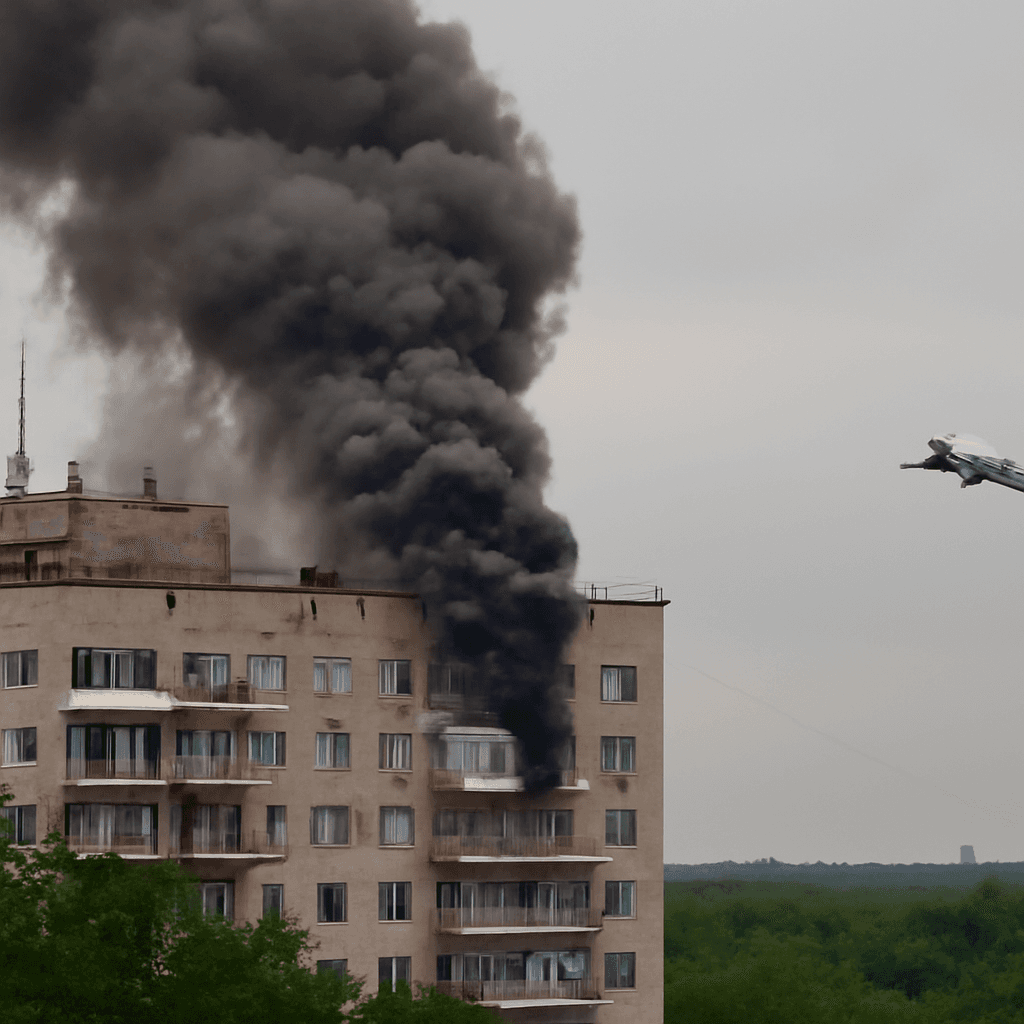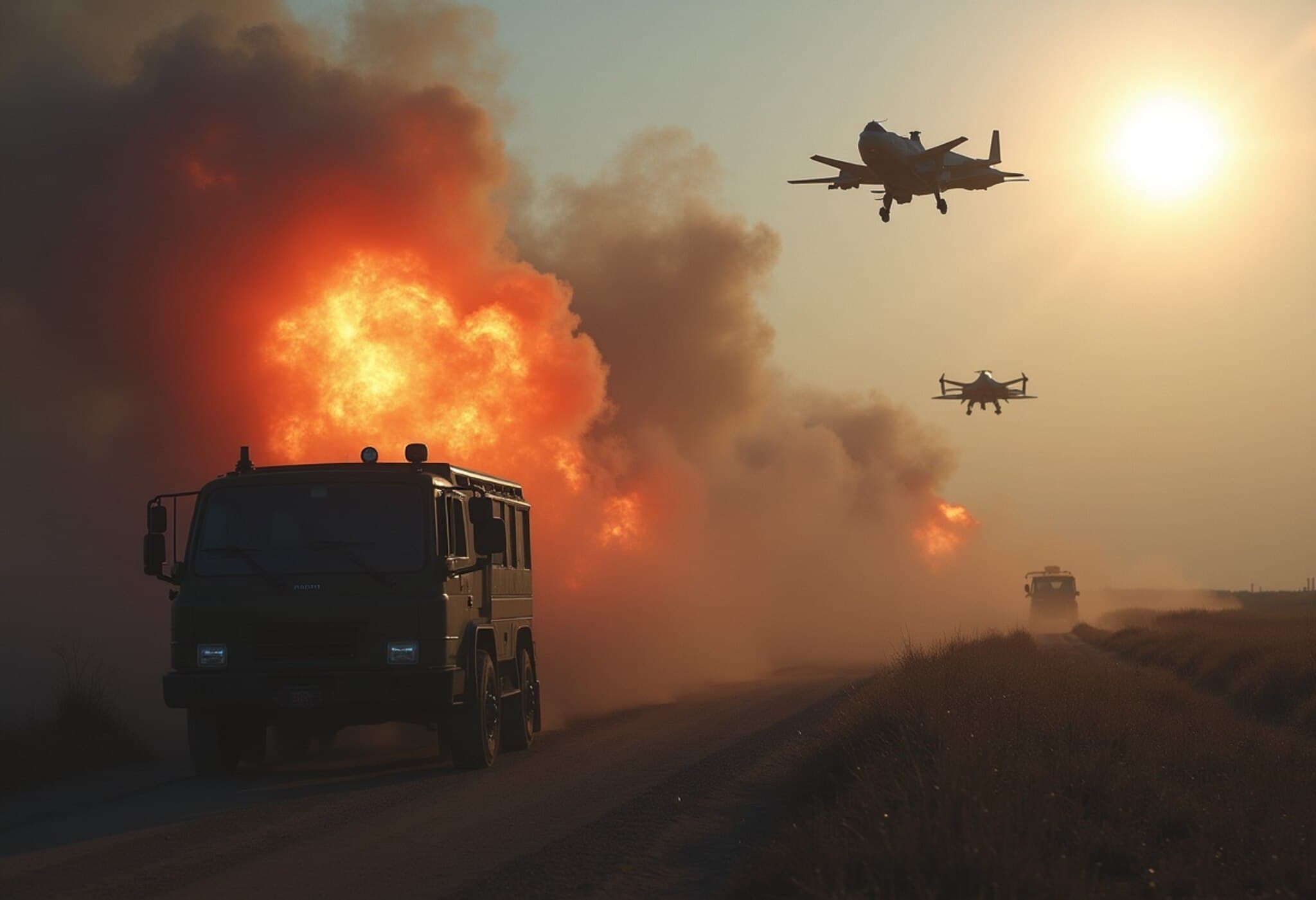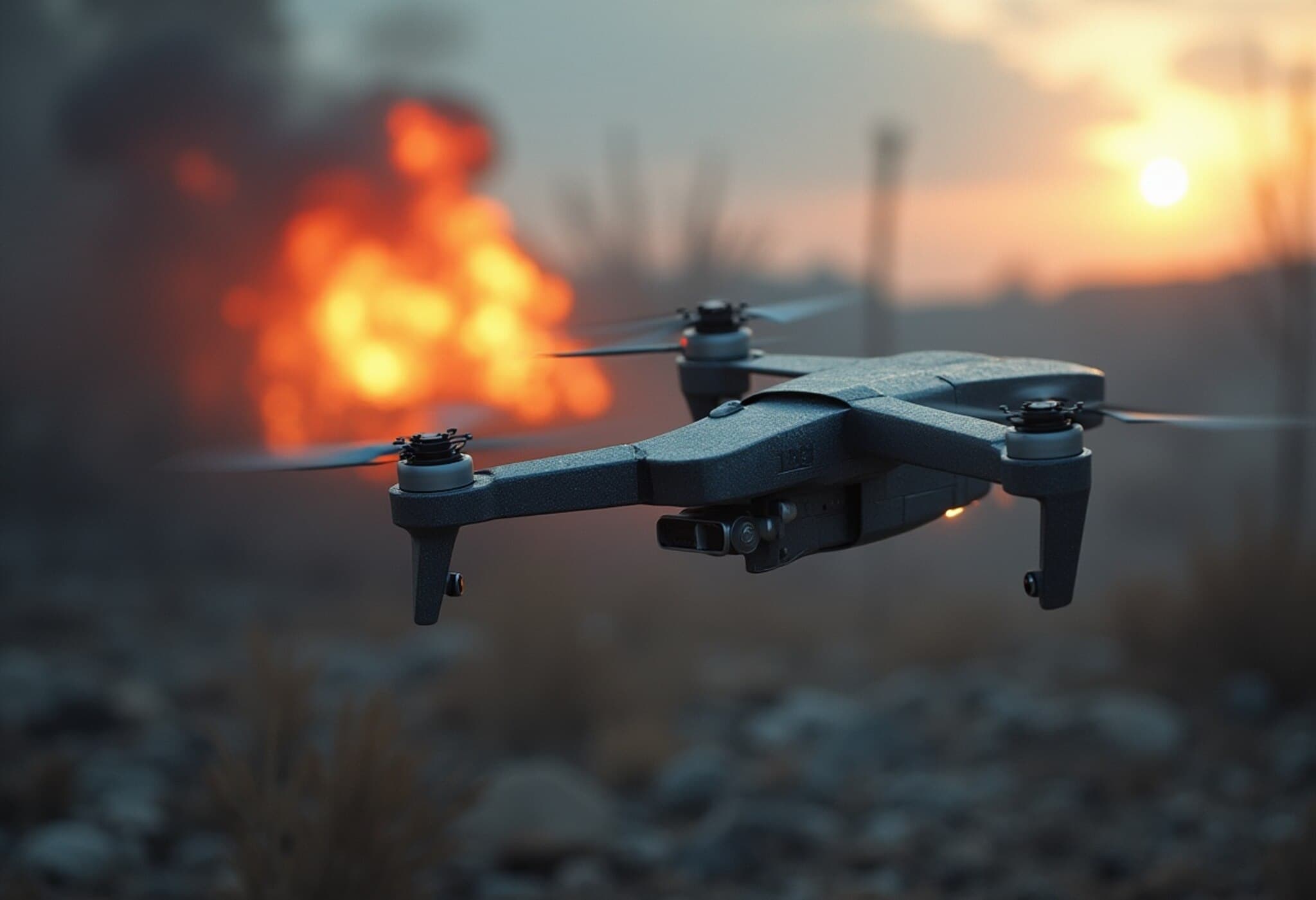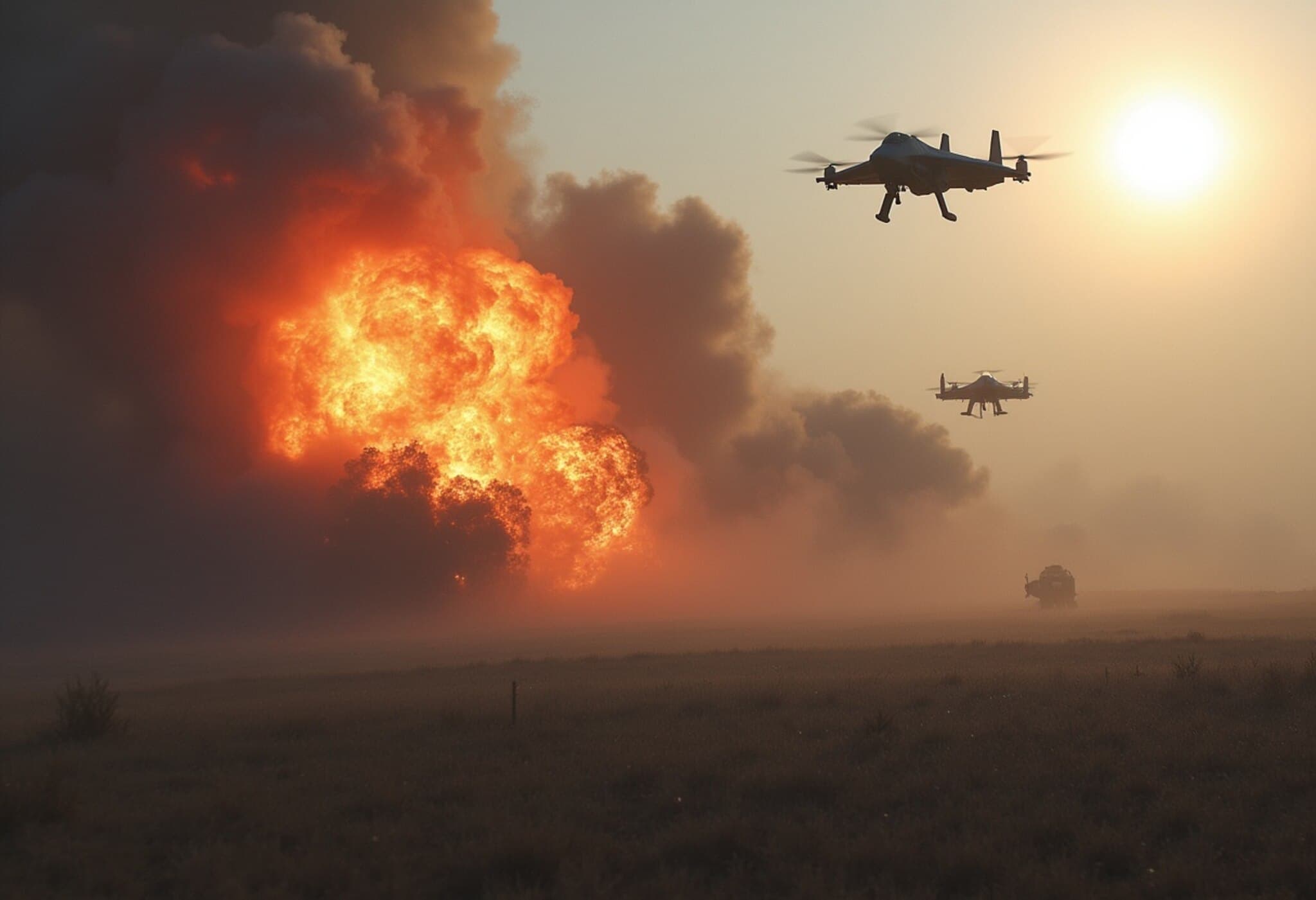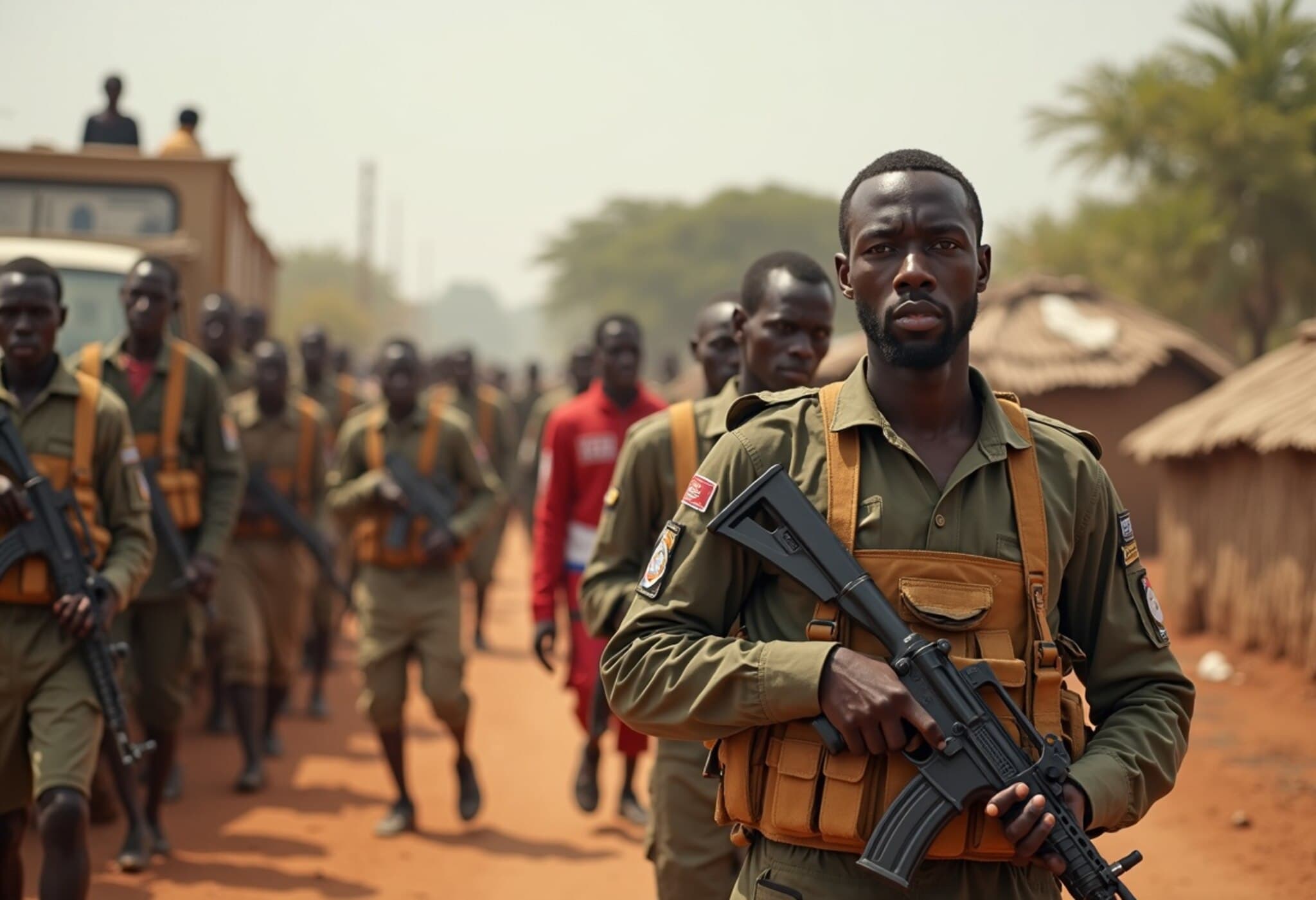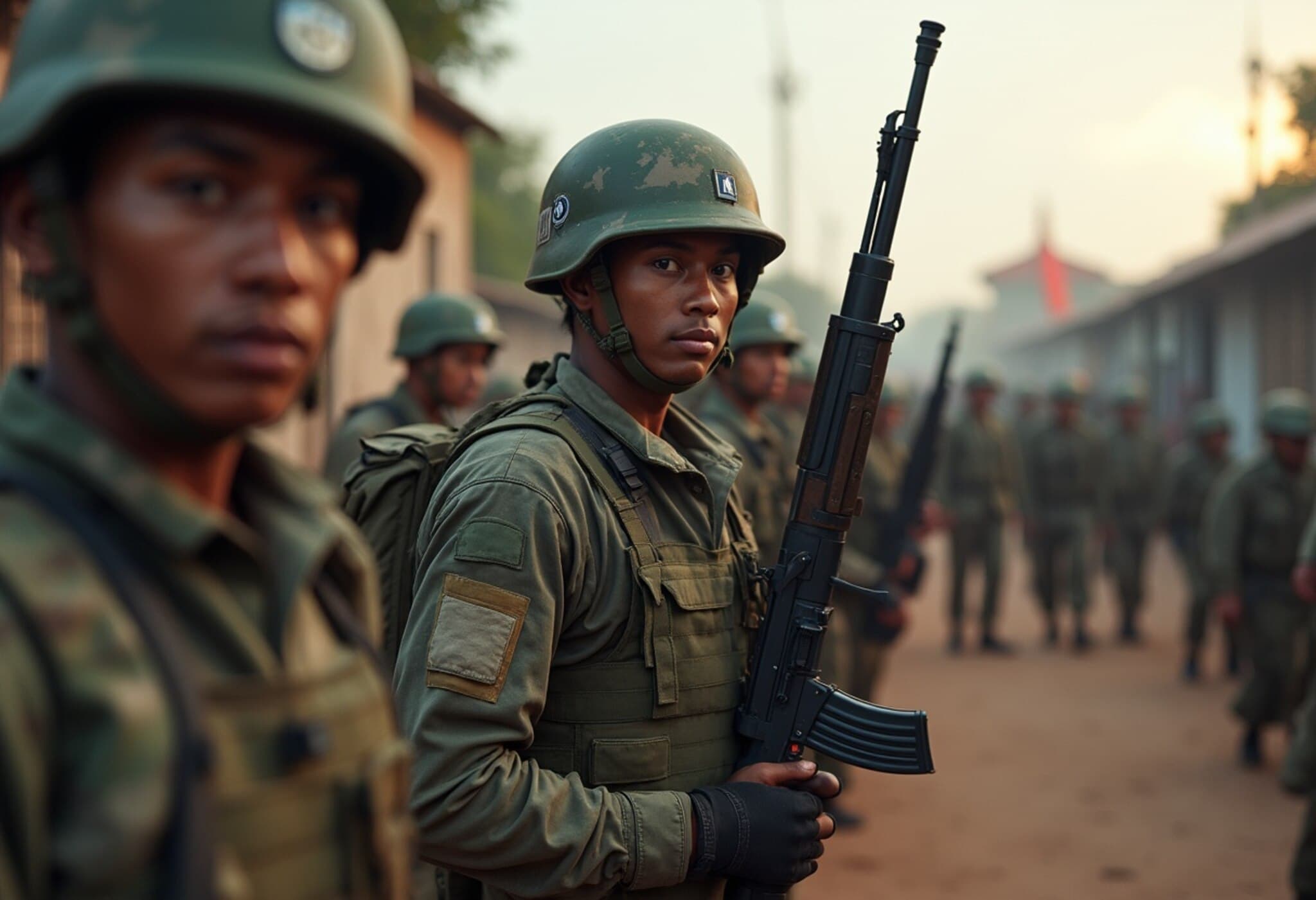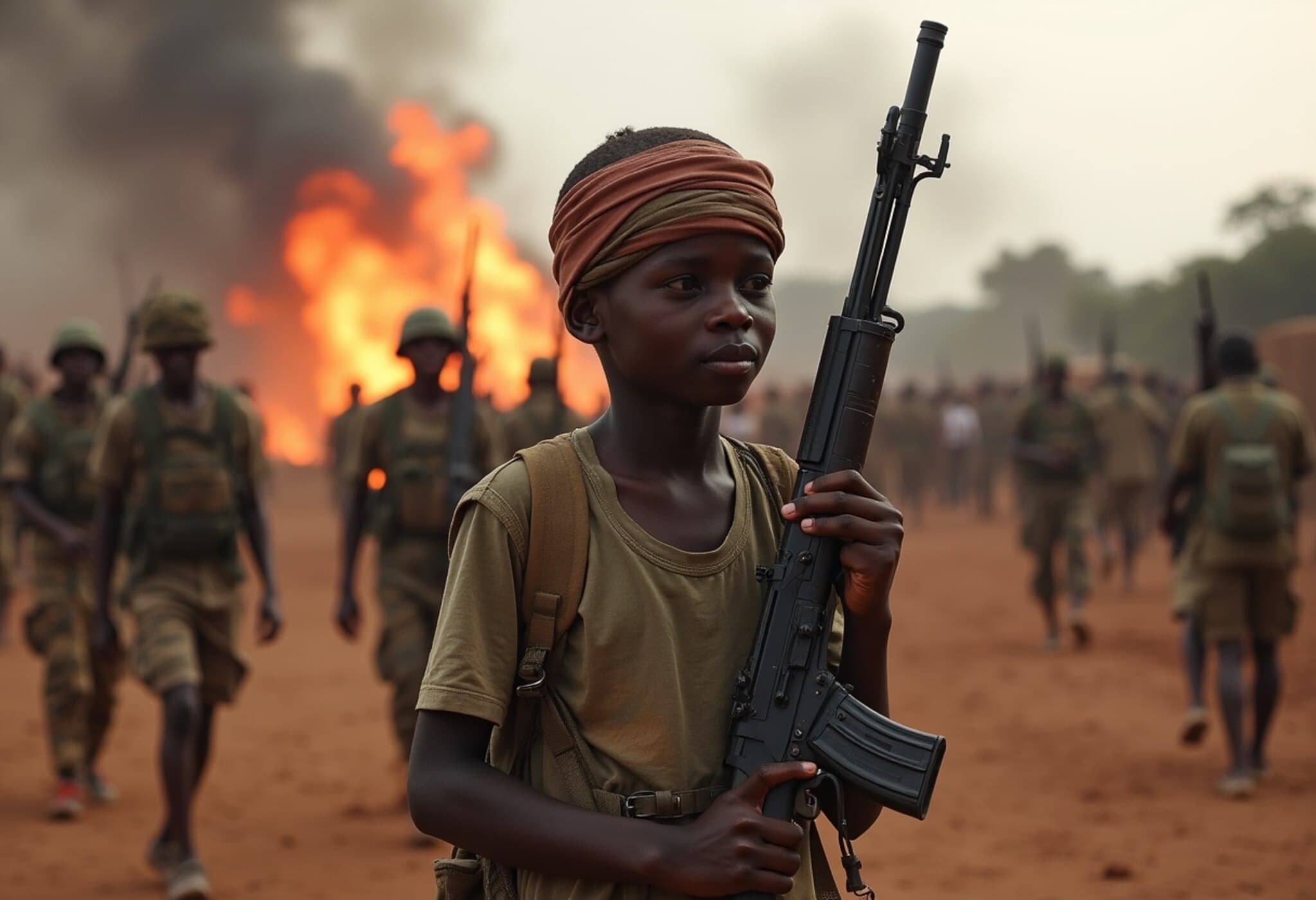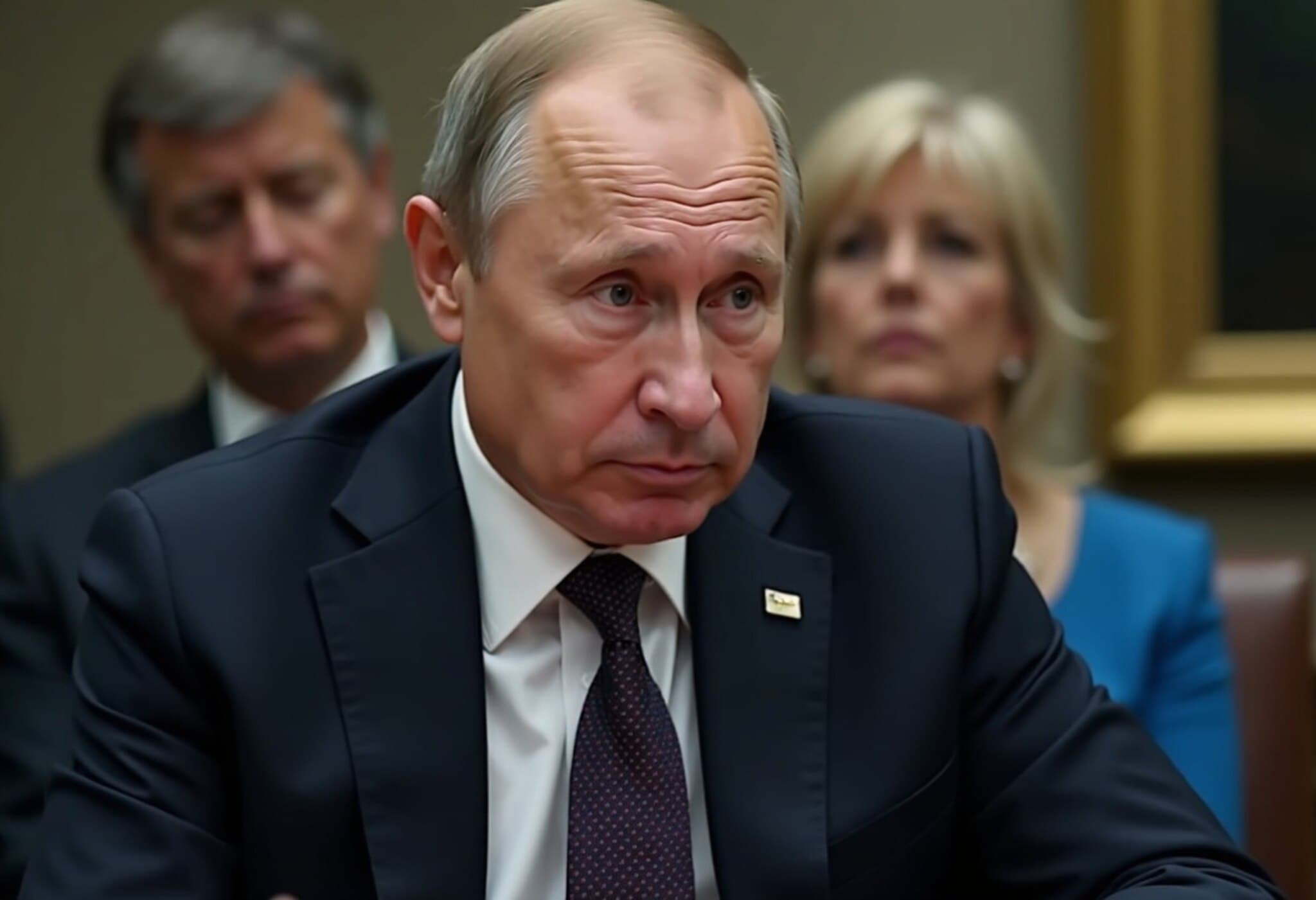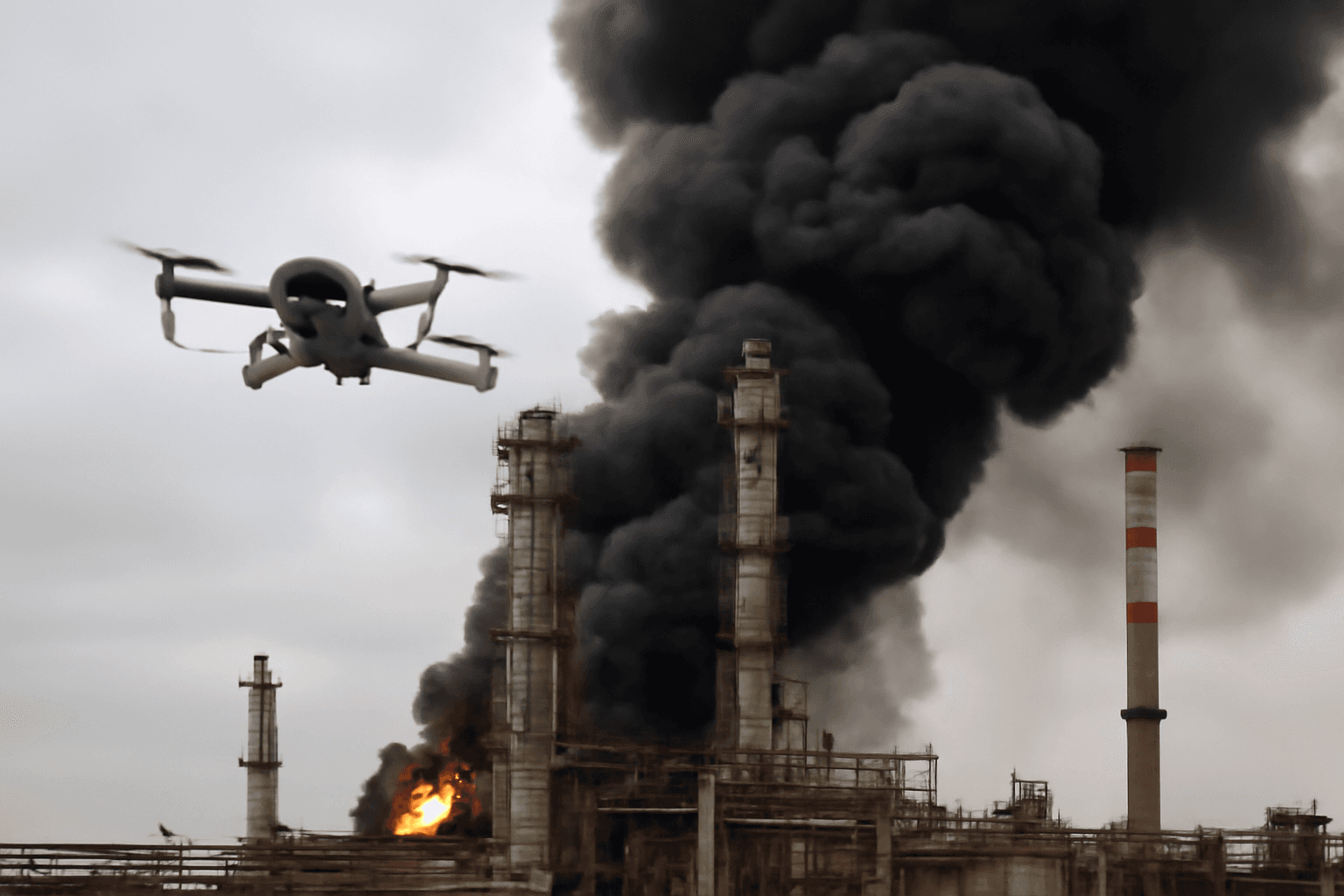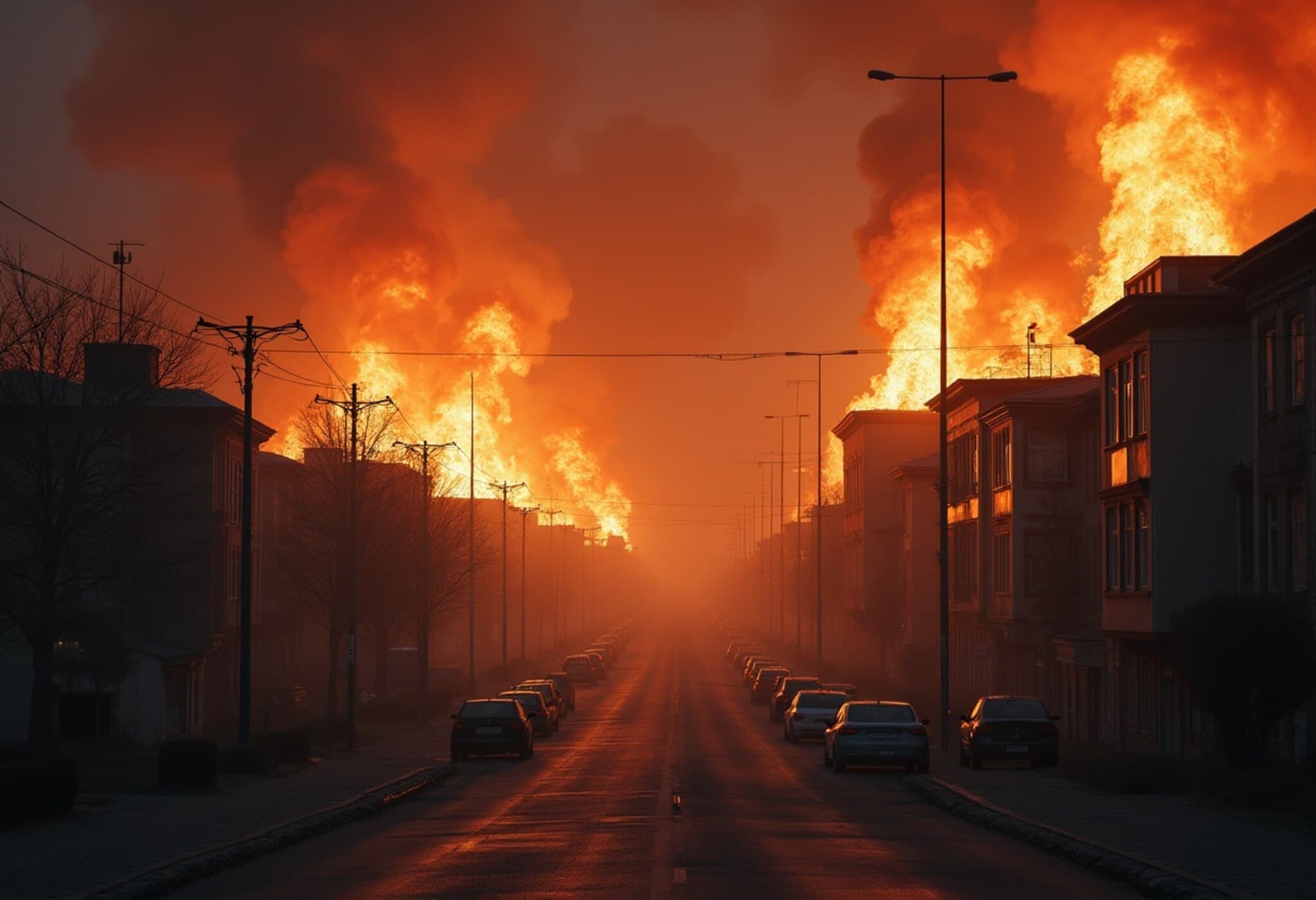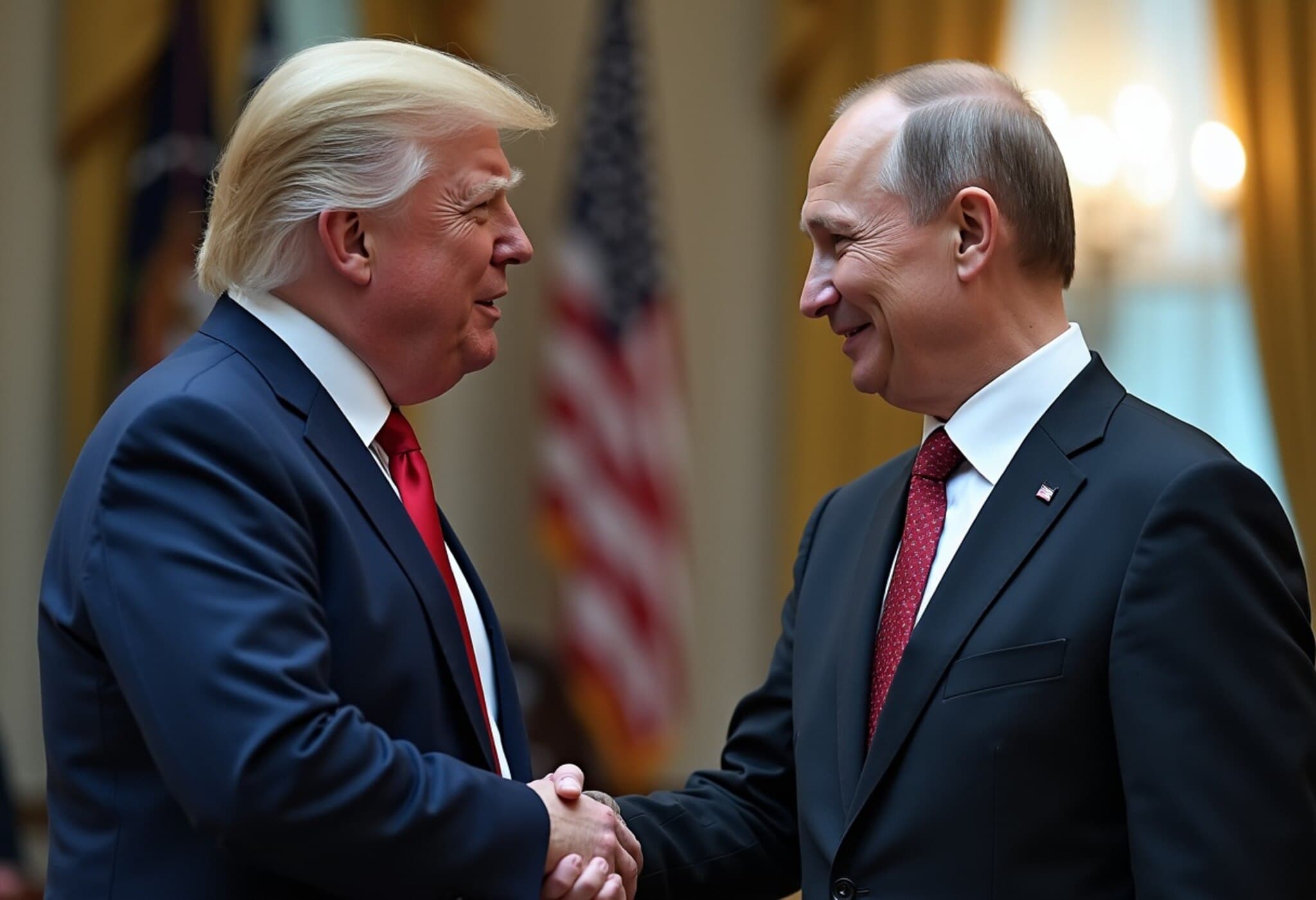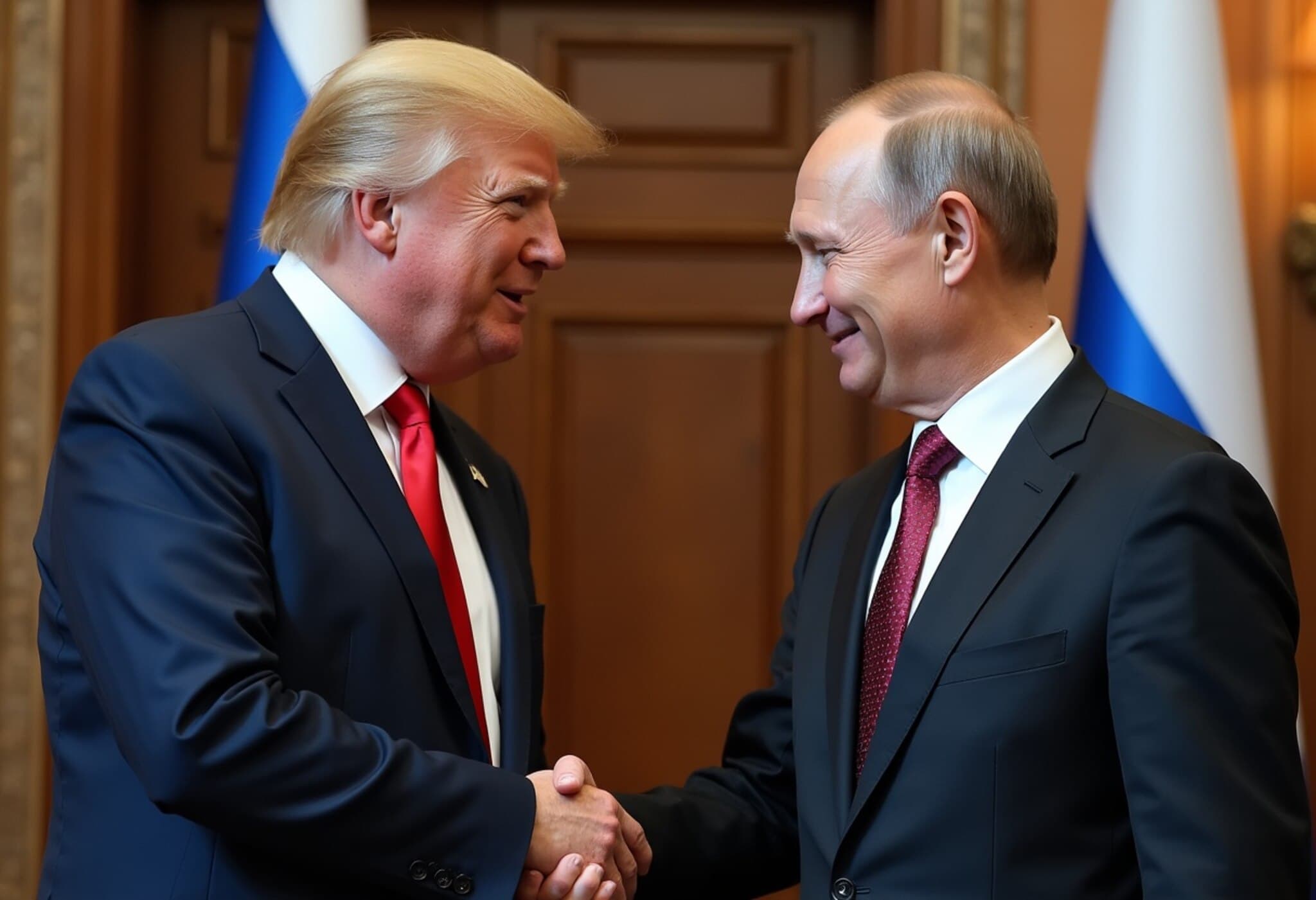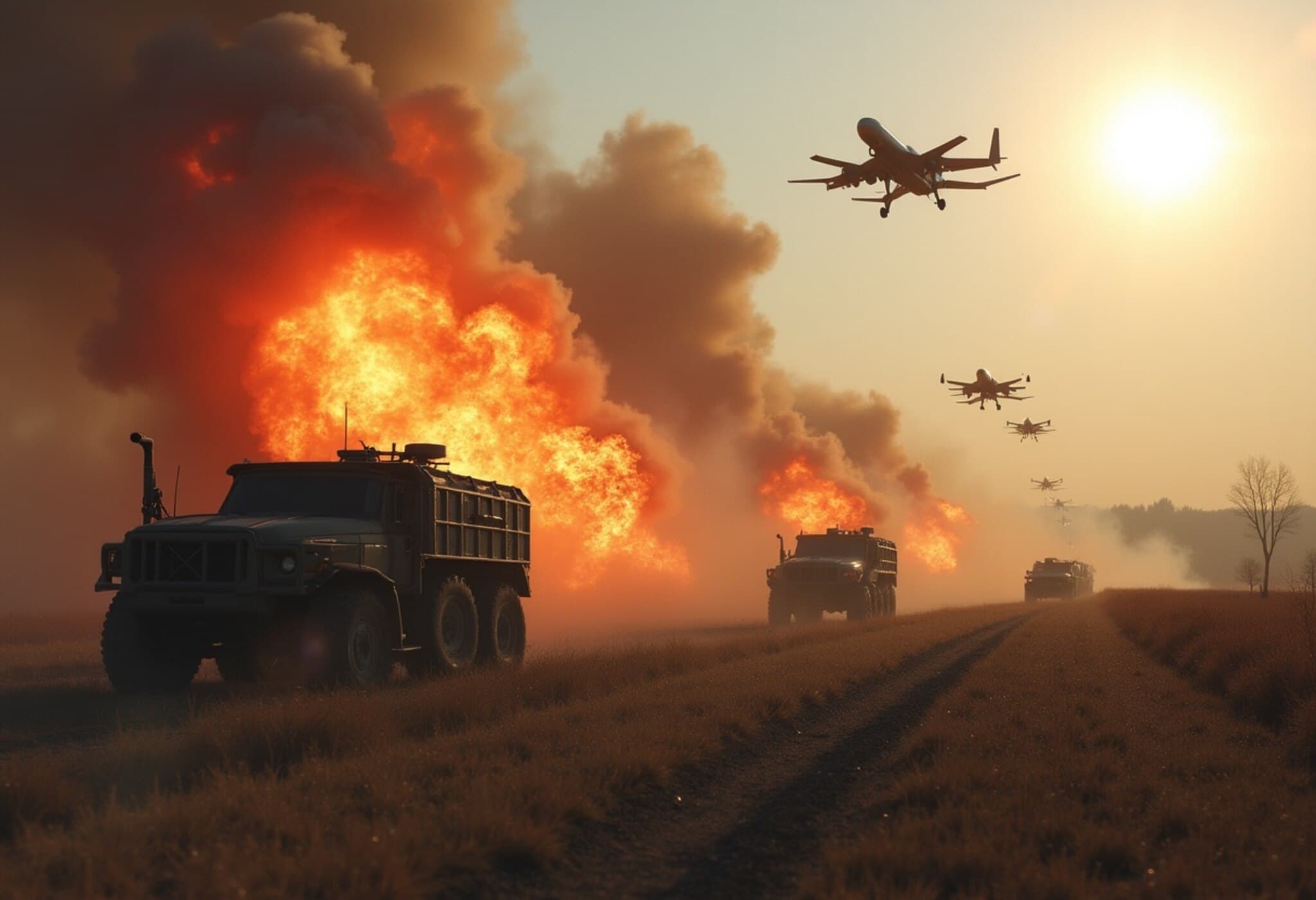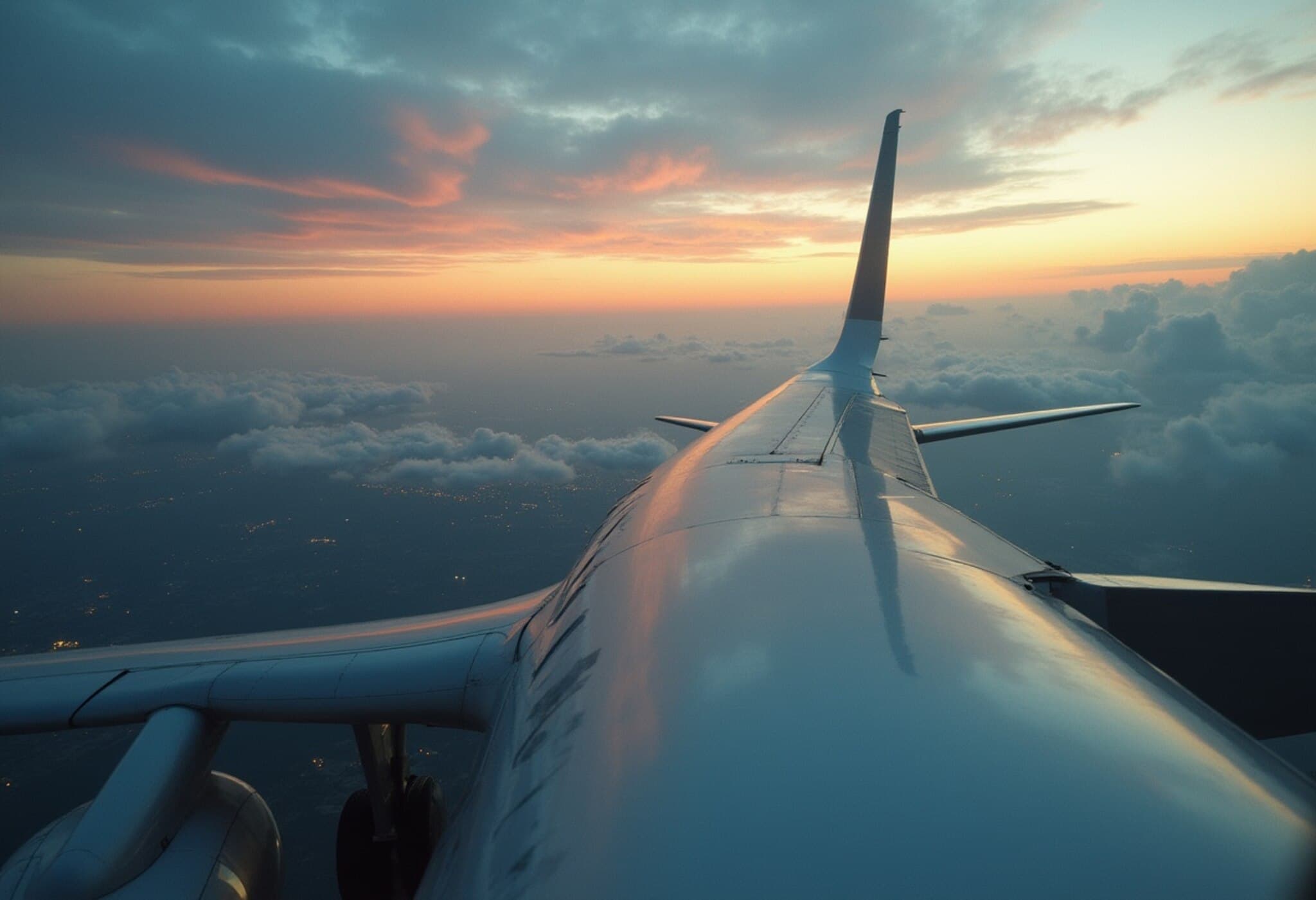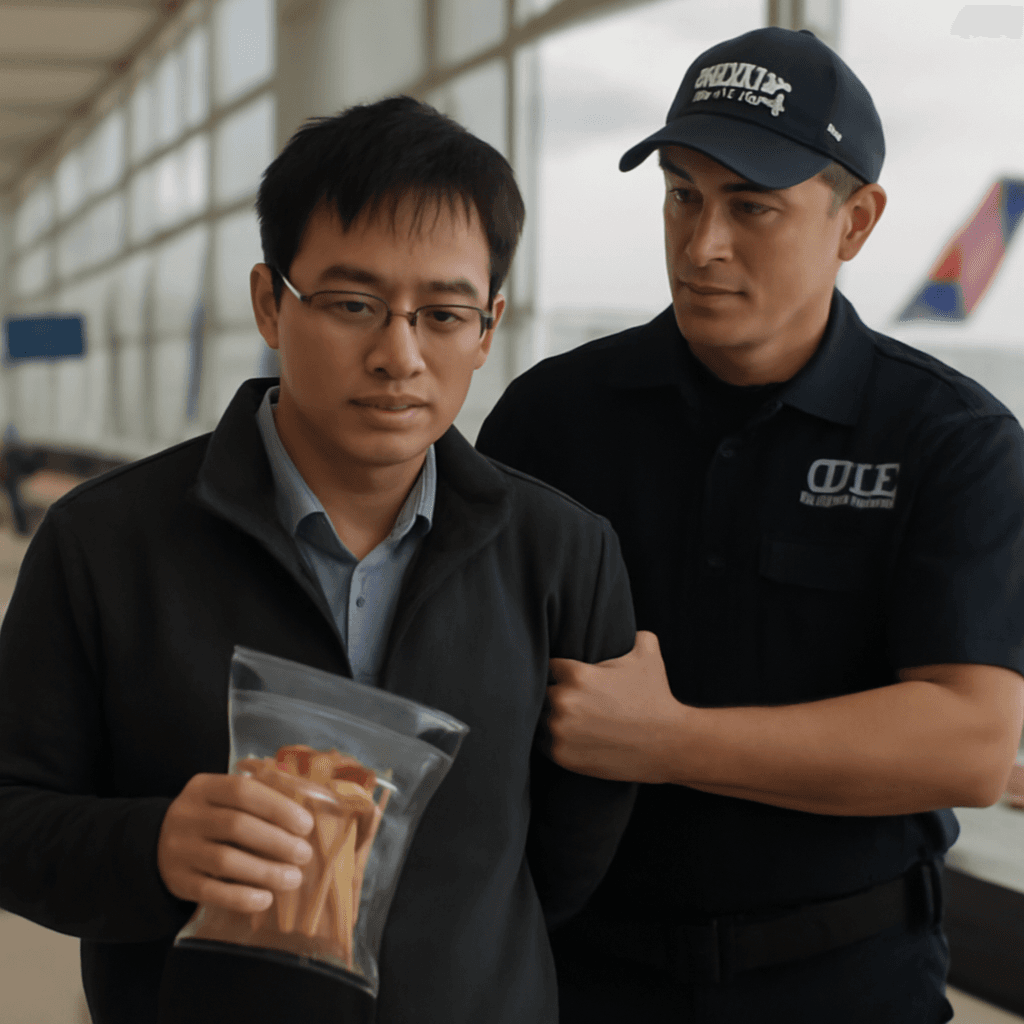Russia Grounds Flights at Moscow Airports After Major Ukrainian Drone Attack
On Tuesday, Russia took the unprecedented step of temporarily halting flights at all four major airports in Moscow. The decision came swiftly in the aftermath of reports about a significant drone strike carried out by Ukrainian forces.
Rapid Response to Escalating Tensions
The Russian civil aviation authority, Rosaviatsia, cited safety concerns as the reason behind the flight suspension. This development unfolded just hours after both Russia and Ukraine launched large-scale drone offensives against each other, marking a sharp escalation in their ongoing conflict.
Drone Battles Intensify Overnight
According to local sources, Russian air defense systems intercepted an impressive 76 Ukrainian drones within a mere two-hour window late Monday. This came on the heels of Russia's own record-breaking drone attack on Ukraine, which the Ukrainian air force confirmed as their largest since the war began.
Monday night saw Moscow unleash a variety of aerial assaults, including cruise and ballistic missiles targeting multiple regions across Ukraine.
Ukraine's Defensive Measures and Impact
The Ukrainian air force reported that Russia deployed a staggering 479 self-destructing drones during this campaign. Yet, Ukrainian defense forces effectively shot down or neutralized 460 drones employing advanced electronic countermeasures.
Oleksandr Koval, head of military administration in Ukraine's western Rivne region, described the night as “extremely difficult” due to the intensity of the enemy airstrike, and confirmed at least one civilian injury amid the chaos.
Ground Movements and Regional Tensions
Meanwhile, Russian forces claimed progression toward Ukraine’s southeastern Dnipropetrovsk region. Though the area has been heavily targeted by bombings, it has so far been spared significant ground combat.
Amidst Conflict, Prisoner Exchange Offers a Glimmer of Hope
In a contrasting note to the escalating violence, Russia and Ukraine completed a significant prisoner swap on Monday. This exchange involved prisoners of war under the age of 25, with hundreds of soldiers emotionally reunited with their families.
This humanitarian effort is part of a broader agreement announced in Istanbul on June 2, involving the exchange of at least 1,200 POWs from each side and the repatriation of fallen soldiers’ bodies.
What’s Next?
The escalating drone warfare and strategic military moves suggest an intensification of the conflict, while the prisoner swap underscores a complex interplay of hostility and occasional cooperation. The situation remains volatile as both sides brace for further developments.

